Your child cries, screams, and wails. Every parent knows this scene well. Your little one is having a full-blown 2 year old temper tantrum, and you’re stuck in the middle of it.
Whether your child usually has a sweet disposition or a fiery one, temper tantrums are part of growing up. Experts agree that temper tantrums are developmentally normal, especially for children who are three years old or younger.
While comforting to know, this knowledge does not make it an easy stage to manage.
In my experience, a Montessori approach to tantrums is impressively effective. I've successfully used the 3-step approach below for raising three of my own children beyond the tantrum stage. I am confident it will help you, too!
Dr. Montessori encouraged adults to “Respect all the reasonable forms of activity in which the child engages and try to understand them.” Yes, I know, tantrums may not seem entirely reasonable. With a Montessori lens, however, they are. To follow this sage advice, we need to try to understand tantrums.
Temper Tantrums: Definition
Tantrums are simply a way for young children to show that they’re completely overwhelmed by strong emotions. They might yell, scream, throw themselves on the ground, or even bite and hit.
Haven’t we all felt overwhelmed by our emotions? The trouble is that toddlers are unable to use their words to say how they're feeling because of their limited language skills.
When your child throws tantrums, they're showing they don't know how to manage their emotions. The emotional outburst is an outlet for many feelings that have been building up.
Often, tantrums start with a trigger. Imagine you pour your child a glass of water. Trouble begins because your child doesn't like the color of the cup. Your 2 year old begins to throw a tantrum.
Some days, your little one might not throw a tantrum over such a simple problem. But, on a day when your child is also tired and feeling upset for other reasons, it's the straw that breaks the camel's back.
Even older children may not have a lot of practice talking through their feelings. So, instead of telling us that they’re frustrated or hungry, they express their feelings by yelling, hitting, and shouting.
Stop Tantrums with the Montessori Approach
The Montessori way to handle tantrums includes three steps:
1. Show Empathy and Sportscast
Because our children don’t have the words to express themselves, we need to model this skill for them. Sometimes this is guesswork. But, we often have a good idea of why our children are upset.
For example, you might say:
"You really don't want to brush your teeth!" or "You're angry that I won't buy you that toy."
This helps teach your child to recognize their own feelings and identify what’s upsetting them. Eventually, they’ll use this modeling as their inner voice. This is their guide to communicating their feelings to others when they’re ready.
On that note, when you’re angry, sad, or upset, use the opportunity to model socially appropriate ways of sharing your feelings. That said, no one is perfect. If you mess up and yell in anger, just apologize and move on. Ultimately, this step teaches emotional intelligence that will help your child express and identify emotions as they grow.
At this stage, you can also try to help resolve any other problems. I noticed my own children were more likely to throw tantrums if they were hungry. The popular term "hangry" exists for good reason. Offer your child a snack or meal if you think hunger might be making things worse.

2. Stay Calm and Hold the Boundary
The next step in the Montessori approach to tantrums is to set and hold boundaries. Often, tantrums arise when you’re enforcing a rule or boundary with your child.
Try not to “give in” to tantrums. Otherwise, your child will learn they can throw a tantrum to get their way. As calmly as possible, hold the boundary or state the new boundary. For example:
- Your child doesn't want to put on their shoes. You can say, "You can put on your shoes, or I'll put them on for you."
- Your child is throwing a tantrum because you won't buy them a toy. You can say, "We'll leave the store now."
Sometimes, it can help to prepare your child ahead of time to avoid misunderstandings. For example, imagine your child often begs to buy things at the store. Before shopping, you can tell them that you’re only buying items on your list. Then, offer to have them help you pick out the products on your list.
Or, if your child struggles with transitions, let them know a few minutes before something new is going to happen. Try to pay attention to your child's triggers and help them manage difficult moments.
Need more tips on saying no? Read tips on holding boundaries from a child psychologist.
3. Reconnect with Your Child
After a tantrum, your child has expended a lot of energy and may be feeling vulnerable. During the tantrum, some children refuse any consolation. Eventually, they will be ready.
Once your child is calmer, or you sense they’re ready, offer a hug. Or, find a game to play, read a book, or have some fun in the kitchen.
How to Handle Toddler Tantrums at Bedtime
Toddler tantrums at bedtime can be especially frustrating. You can approach these tantrums in a similar way to any other tantrum. However, when reconnecting, you'll want to choose calm activities.
Also, holding bedtime boundaries can be challenging. Being consistent is the key here. For example, some children get out of bed multiple times. After talking to your child the first time, experts say you can simply enforce the boundary by gently returning your child to bed.
Because the goal is getting your little one back to sleep, it's best not to engage too much. Instead, promise to play or chat in the morning and calmly return them to bed. Over time, your little one will become more accustomed to bedtime.
Another important tip is to use a short but recognizable bedtime routine. For example, get pajamas on, brush teeth, read a book, and go to bed. That way, your child will associate the routine with sleeping.
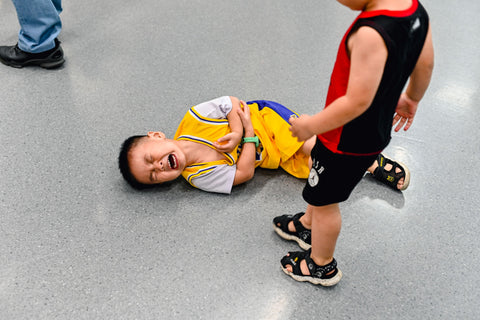
Severe Temper Tantrums in 2-Year-Olds
Some toddlers experience severe tantrums. Perhaps you've heard of the "terrible twos." Children this age are not terrible; however, they can challenge even the calmest parent. Keep in mind that the peak of the tantrum stage is age 2 or 3.
Some signs of severe temper tantrums in 2-year-olds include breaking objects, holding their breath, or injuring themselves or others. Your little one might also show signs of anxiety, like tummy aches or headaches. Some parents simply feel like something isn't "right." If this is the case for you, reach out to your child's pediatrician.
Toddler Tantrums: When to Worry
It's understandable if you're worried about your child's tantrums. Yet, it can also be hard to know when to take action. Various medical and psychological conditions can make tantrums worse. When should you seek additional help?
Two and three-year-old tantrums are expected. Yet, if your child has frequent tantrums or shows the above severe signs, it's time to get help. Children older than 5 are generally growing out of the tantrum phase. If you notice your 4-year-old's temper tantrums getting worse, it's also a good idea to let your pediatrician know.
A Montessori Approach to Tantrums: Love and Grace for Little Ones
Ultimately, children want to feel connected and loved. During a tantrum, they may feel misunderstood, confused, angry, or all these feelings. By acknowledging their feelings and reconnecting, we can help them reset and feel positive again.
As a fellow parent, I commiserate. Tantrums are not for the faint of heart. Yet, this stage, like many others in childhood, will also pass. How do you handle tantrums?
Discover Montessori tips for holiday meltdowns here.
Let’s chat! Let us know how you handle tantrums in the comments below.
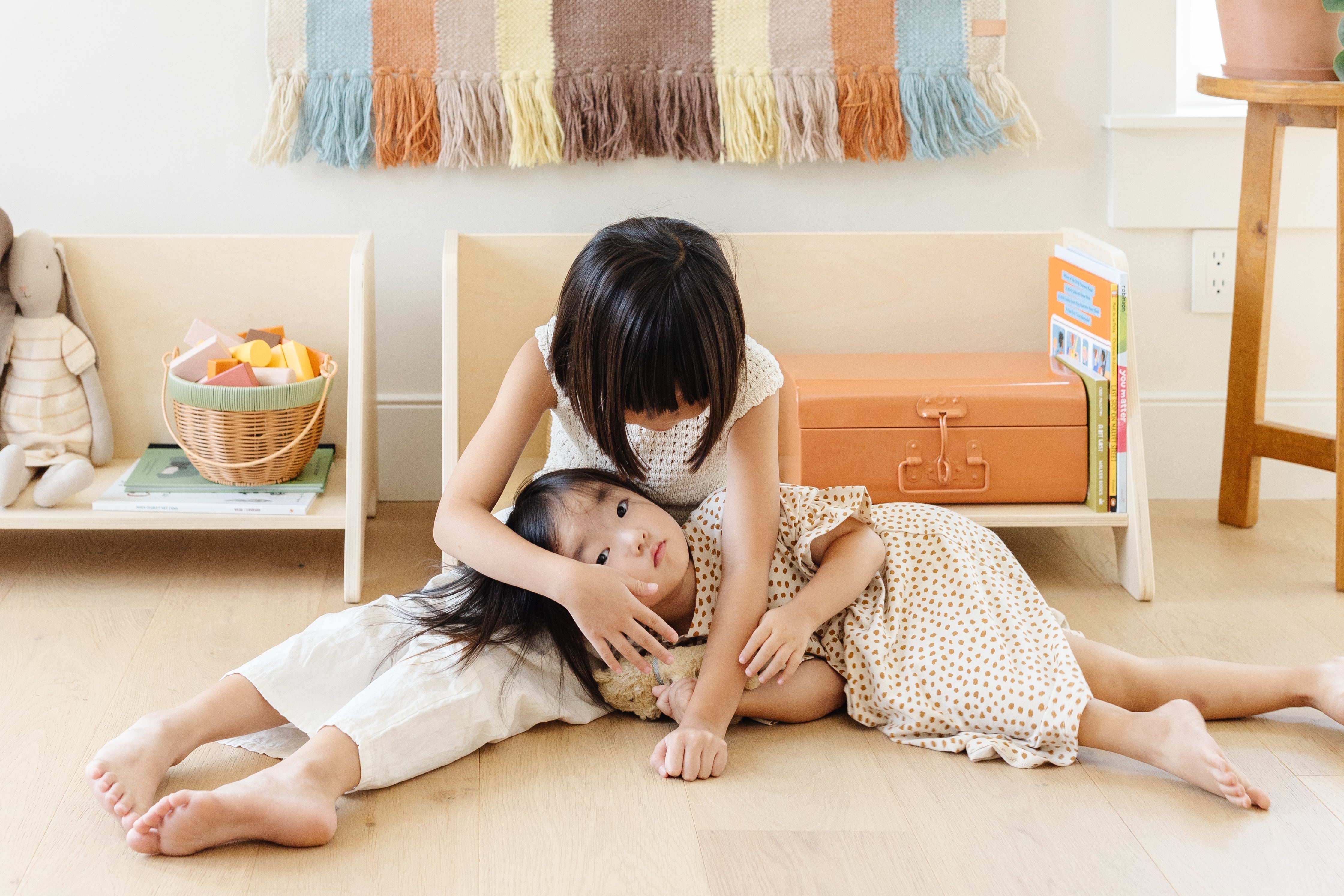



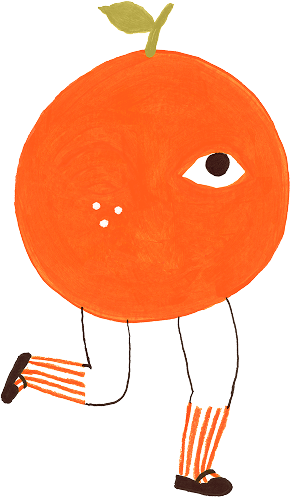
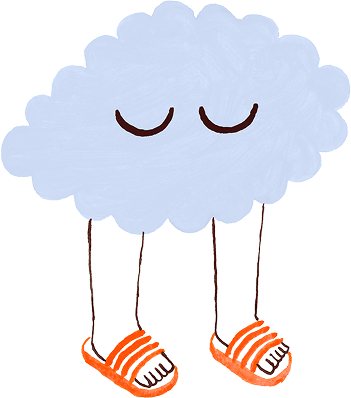
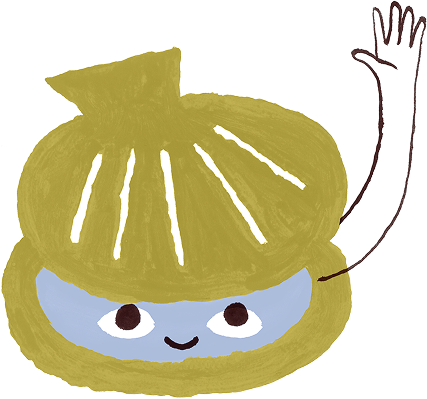
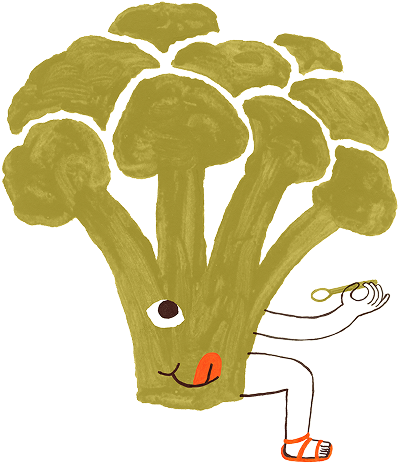
Leave a comment
This site is protected by hCaptcha and the hCaptcha Privacy Policy and Terms of Service apply.